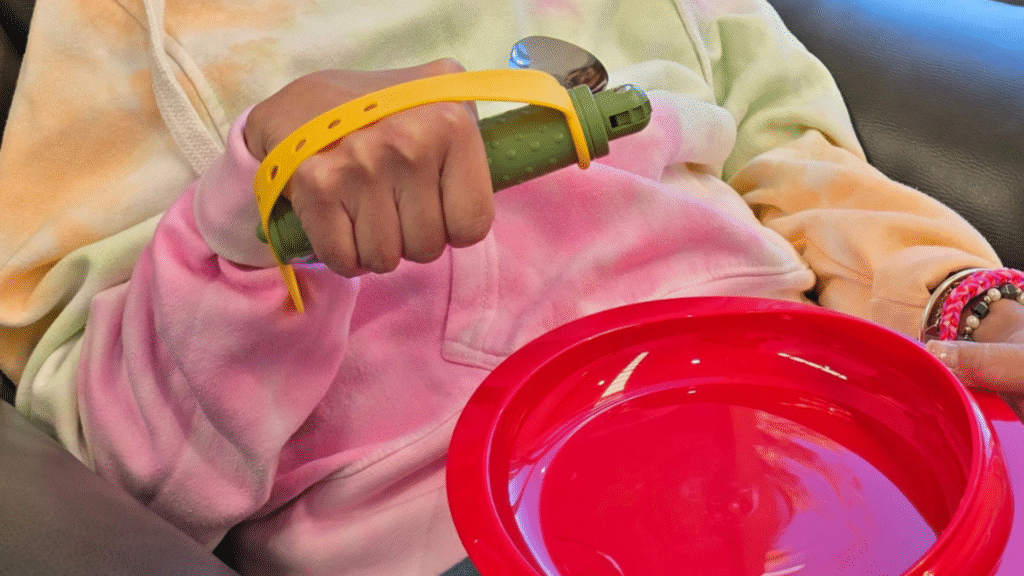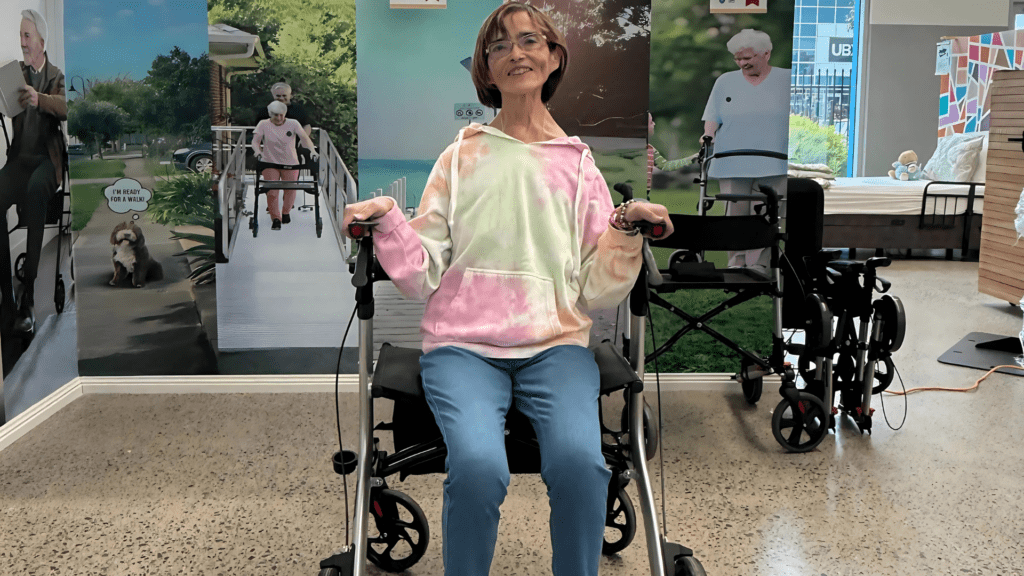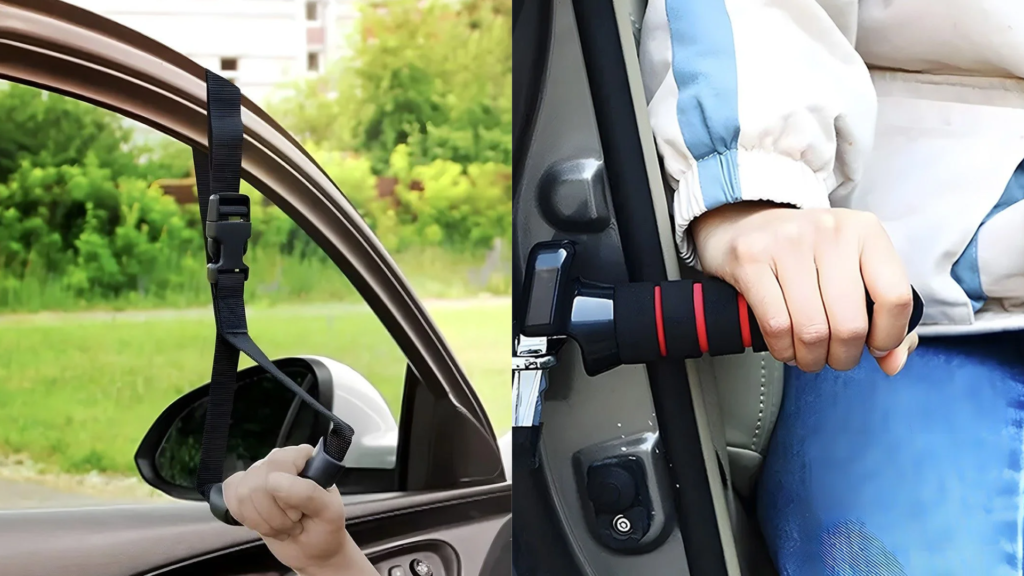Maintaining independence in the kitchen is vital for many NDIS participants who want to cook or prepare meals safely. Whether you’re living with arthritis, reduced mobility, or cognitive challenges, using the right daily living aids can greatly improve kitchen safety and convenience.
Challenges in the Kitchen for People with Limited Mobility
Everyday kitchen tasks—like holding utensils, opening containers, or transferring hot dishes—can become difficult or dangerous without the proper support. Common challenges include:
- Weak grip or hand tremors
- Limited range of motion
- Difficulty with standing or balance
- Risk of burns, spills, or cuts
These difficulties not only affect meal prep but also pose safety risks. Thankfully, a variety of assistive devices are now available to support safer, more independent kitchen activity.
Aids That Make Cooking and Eating Easier
NDIS-approved kitchen aids are designed to reduce strain and make daily meal preparation more manageable. Some top tools include:
- Tableware Spoon Set: Ergonomically designed for easier grip and control, these spoons help reduce wrist strain during eating.
- Double Handled Cup: Ideal for those with tremors or weak grip, offering better stability while drinking.
- Elderly Care Bowls: Anti-slip bases and wide rims support easier scooping and carrying.
- Jar and bottle openers: Non-slip and lever-based designs help those with arthritis open tightly sealed items.
- Chopping boards with spikes or clamps: Keep food in place to allow one-handed use.
- Cutlery with padded or angled handles: Makes cutting, scooping, and eating more efficient for users with joint pain.
Explore more daily living aids for kitchen safety at Care With Us.
OT-Recommended Products for Kitchen Safety
Occupational Therapists often assess clients’ kitchen usage and recommend aids based on their ability level. Their suggestions may include:
- Slip-resistant mats to reduce fall risk
- Perching stools for seated meal prep
- Adaptive cookware with lightweight handles
- Visual aids or labels for those with memory or cognitive challenges
All recommended devices should be compatible with the user’s individual NDIS plan and home setup.
Getting NDIS Funding for Kitchen Aids
Many kitchen and meal prep aids fall under the NDIS category of Core Supports or Assistive Technology. To access these aids through NDIS:
- Get an OT assessment: An OT can help identify what equipment is required.
- Request a formal quote: Submit a product enquiry through our website.
- Apply through your plan manager or coordinator: They will help include these items in your plan review or budget allocation.
Ensure the aids are clearly listed in your plan or discussed during your next review for approval.
Conclusion
Meal preparation and kitchen safety play a critical role in promoting independence and wellbeing. With the right assistive kitchen tools, many NDIS participants can continue to cook, eat, and enjoy food with greater ease and safety.
For more details, browse our full range of daily living aids.
Frequently Asked Questions (FAQs)
- What are NDIS-approved kitchen aids?
NDIS-approved kitchen aids are tools that help participants prepare and eat meals safely. These include adaptive utensils, bowls, cups, and non-slip surfaces that reduce physical strain or injury risk. - Can I get funding for kitchen tools under my NDIS plan?
Yes. Many daily living kitchen aids fall under Core Supports or Low-Cost Assistive Technology. An OT assessment and quote are usually required. - Do I need an OT to access kitchen aids through NDIS?
For most items, especially if claimed under assistive technology, an occupational therapist assessment is required to confirm need and functionality. - What are the most useful kitchen aids for someone with arthritis?
People with arthritis may benefit from jar openers, angled cutlery, double-handled mugs, and non-slip bowls like the Elderly Care Bowls. - Where can I find these aids in Australia?
You can find a wide selection of kitchen-friendly daily living aids on CareWithUs.com.au, including NDIS-eligible products. - Are electric or smart kitchen devices also NDIS-funded?
Some electric tools may be funded if clinically justified, but NDIS typically supports simpler, low-cost aids unless a complex need is documented. - How do I get started with ordering?
Start by submitting a product enquiry, then speak with your OT or plan manager for funding options.



